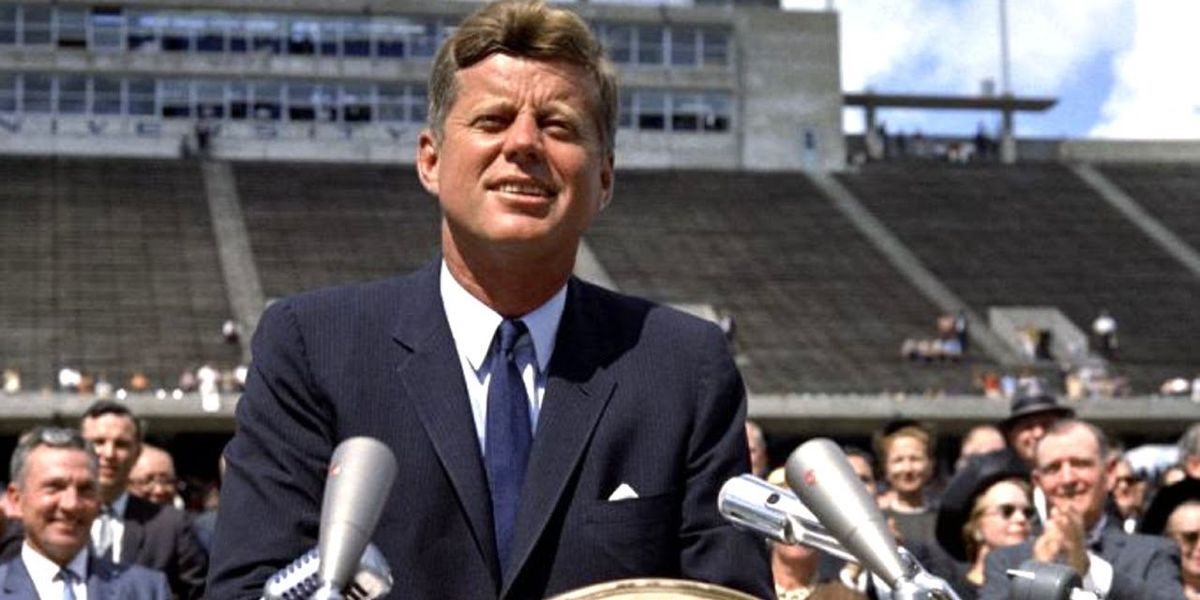Sixty years ago today, President John F. Kennedy was assassinated in Dallas, Texas.
According to his biographer, Arthur Schlesinger, Kennedy’s thinking had evolved in the year before his killing. In an obituary in The Saturday Evening Post on December 14, 1963, Schlesinger said this about the president in those last months:
“What preoccupied him most, I believe, was the peace of the world and the future of mankind. His historian’s perspective made him see the conflict with Communism not as a holy war but as a difficult and perilous struggle for adjustment and accommodation. The world, he deeply believed, was in its nature and its historical movement a diverse world — a world which had room for great diversity of economic systems, of political creeds, of philosophic faiths. He respected the distinctive values and traditions, the distinctive identities, of other nations and other societies.
Above all, life must survive on this planet. He knew what nuclear war would mean, and he believed that the avoidance of such a war was the common interest of mankind — a common interest which must transcend all conflicts of ideology and national ambition. This common interest was the bridge across the dark abyss. His deepest purpose was to strengthen that bridge against storms of suspicion and fear, and to persuade his adversaries that, if each nation and people respected the integrity of the rest and accepted the reality of the world of diversity, if nations abandoned a messianic effort to remake the world in their own image, peace would be possible, and humanity would endure."
This is a far cry from President Joe Biden’s "good vs evil" and "dictators vs. democrats" rhetoric of today. Interestingly, it bears resemblance to Chinese President Xi Jinping's comment last week when meeting with Biden:
"Planet Earth is big enough for the two countries to succeed, and one country’s success is an opportunity for the other. It is an objective fact that China and the United States are different in history, culture, social system, and development path. However, as long as they respect each other, coexist in peace, and pursue win-win cooperation, they will be fully capable of rising above differences and find the right way for the two major countries to get along with each other."
It is also worth noting that Kennedy only five months before Dallas had given what some have called one of the most enduring speeches of his time. On June 10, 1963, he asked the American University commencement audience, “what kind of peace do we seek?”
"So, let us not be blind to our differences but let us also direct attention to our common interests and to the means by which those differences can be resolved. And if we cannot end now our differences, at least we can help make the world safe for diversity. For, in the final analysis, our most basic common link is that we all inhabit this small planet. We all breathe the same air. We all cherish our children's future. And we are all mortal."
Sixty years and more than a generation ago these words held promise, then seemingly lost amid the chaos of assassination, and war. There is no cost to resurfacing them now, in a world no less uncertain.















